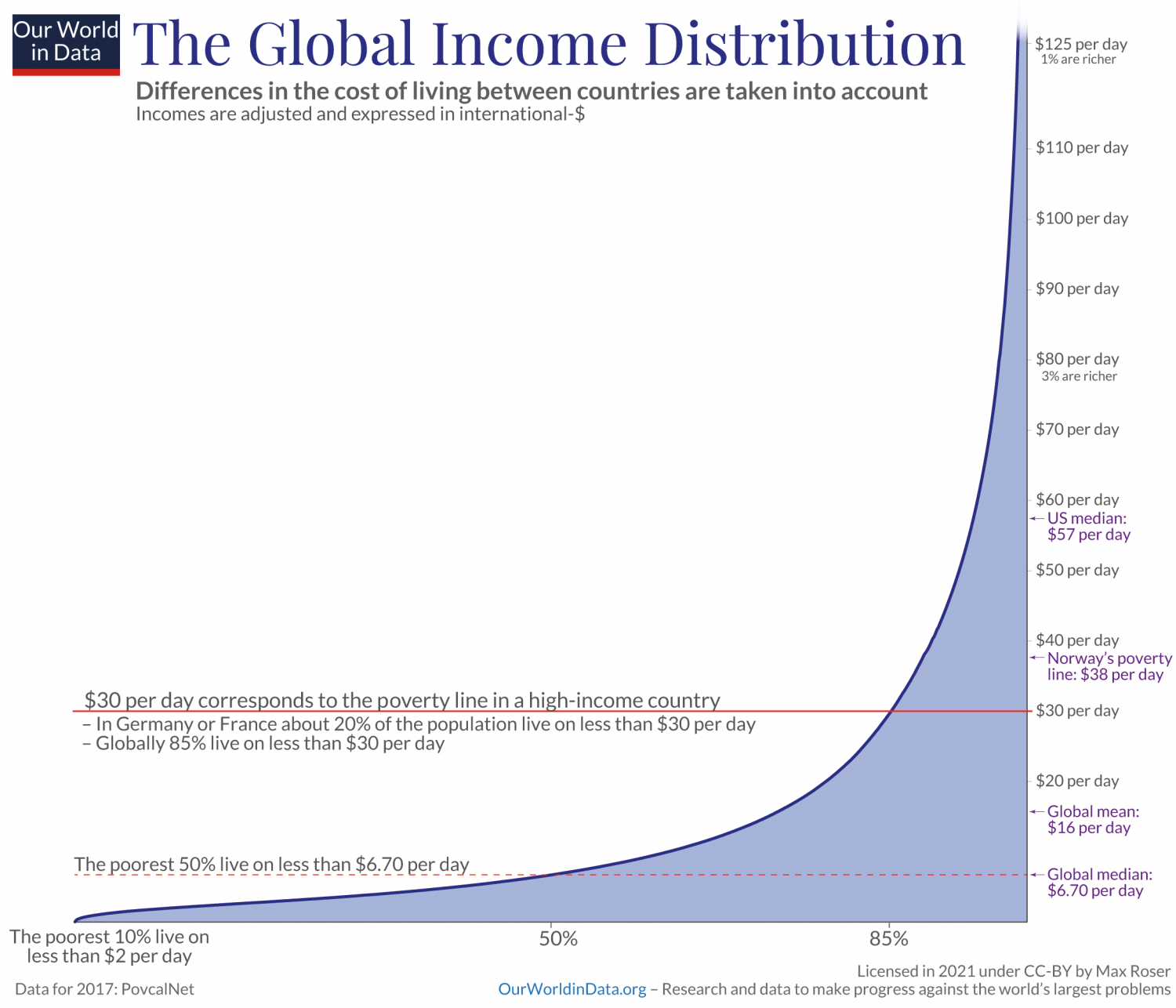Humans are compassionate by nature
By Di, April 26 2022Bones found in Ireland show that humans have taken care of each other since ancient times. The bones, buried 5,500 years ago, belonged to a child with Down Syndrome. The baby lived to be about 6 months old and was breastfed. When it died, it was buried in a monumental tomb with other adults and children.
In 2007, at an archaeological site in Vietnam, the bones of a man with a crippling disease were uncovered in a Stone Age grave. His bones indicate that he had a painful condition that would have left him paralyzed for the last several years of his life. Clearly, he was carried by others and given food and other resources that were always scarce in those days.





